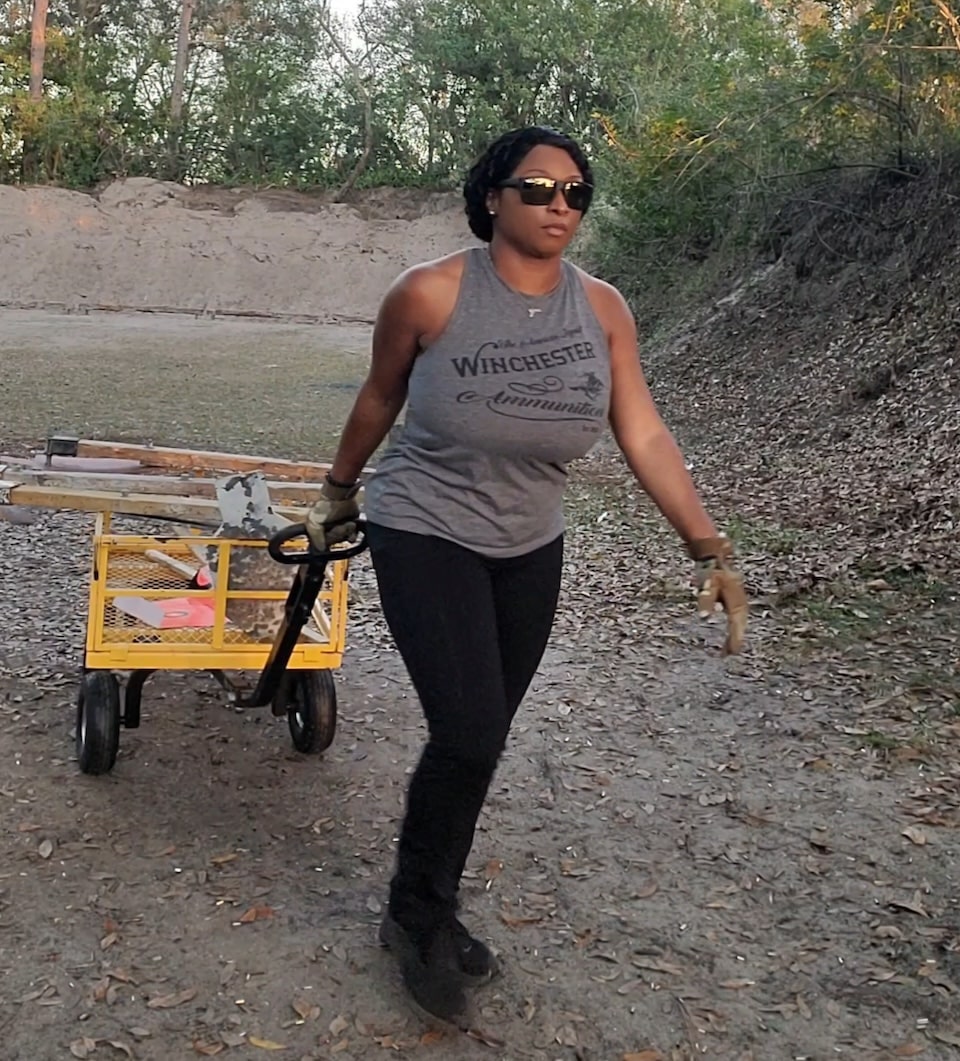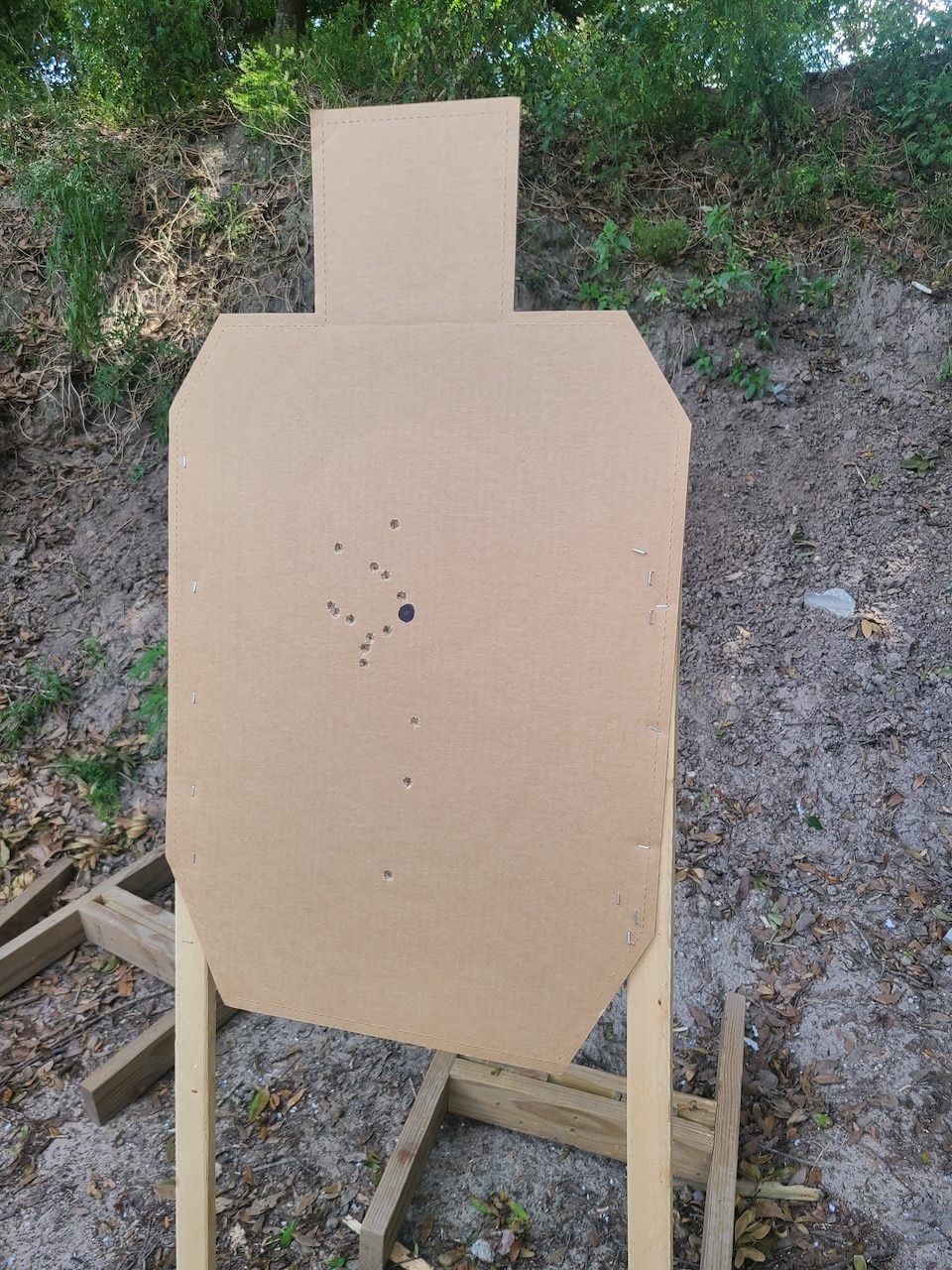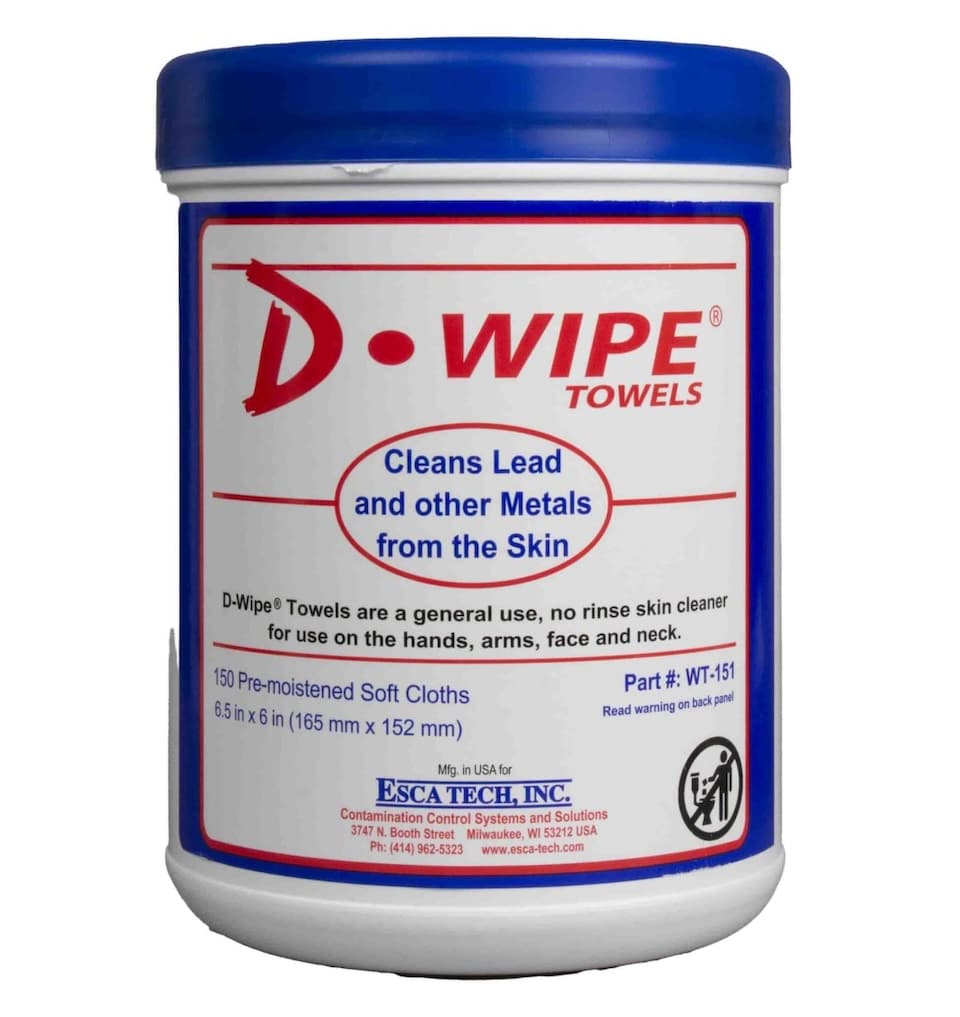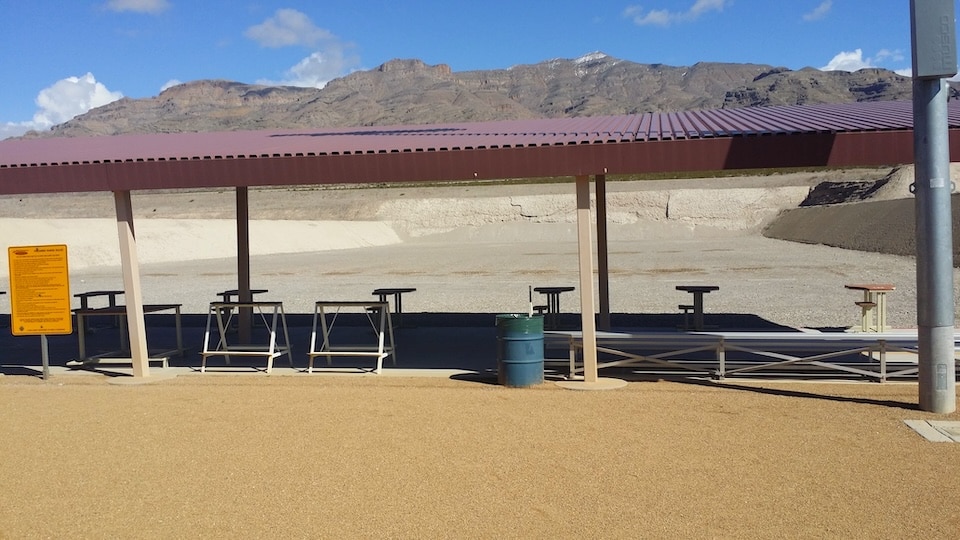Cleaning up the shooting range is not just about picking up spent casings and trash. It’s about ensuring your safety and that of everyone who uses the range. When shooters take on the responsibility of cleaning up after themselves, there are several key considerations to remember. As a reminder, each firing range may have specific requirements for range clean-up. Here’s a guide to help you identify things to consider when cleaning up the firing range.
Safety First: First and foremost, safety should always be a top priority, and it will always be a top priority for me. Before starting the clean-up process, shooters should wear appropriate personal protective equipment (PPE), such as gloves, masks, ear protection and eye protection, to minimize exposure to lead dust and other hazards. Lead is a significant concern in shooting ranges, posing serious health risks if not managed properly. By wearing the right gear, shooters can protect themselves from potential harm.
Communication: Communication is essential when it comes to range clean-up. Shooters should coordinate their clean-up efforts with other shooters and range staff to ensure a comprehensive and efficient clean-up process. By working together, shooters can make the clean-up process safe, more effective, and enjoyable for everyone involved.

Trash Disposal: Proper disposal of waste is another crucial consideration. Shooters should be mindful of where they dispose of their trash, including used targets, casings and other debris. It’s essential to use designated bins or areas for disposal and to separate recyclable materials from general waste whenever possible. Proper disposal helps keep the range clean and promotes environmental sustainability.

Maintain/Inspect Equipment: Maintaining range equipment is also essential. Shooters should regularly clean and inspect equipment, such as target holders, steel targets and backstops, to ensure they’re in good working condition and free from hazards. Inspect your firearms and equipment to ensure you’re leaving the range with everything you brought. This not only helps prolong the life of the equipment, but also provides a safer shooting experience for everyone.

Personal Hygiene: Wash your hands with cold water and avoid going home and lying down on your bed to avoid spreading the contaminants. When cleaning up lead contamination, shooters should use lead-safe cleaning practices. This includes wiping surfaces with lead-specific cleaning solutions such as D-Wipe Towels to minimize the spread of lead dust. D Wipe towels are portable and infused with a gentle pH-balanced skin cleaning solution. They can be an incredibly convenient option for cleaning metal dust from your hands, arms, face and body. This solution neutralizes the static charges of metal dust while lifting and binding them to the fabric for quick removal from the skin without rinsing or smearing. They come in convenient containers and towelettes that fit in your range bag. Following these practices, shooters can help reduce the risk of lead exposure for themselves and others.

In conclusion, cleaning up the shooting range is a responsibility that all shooters should take seriously. When possible, I try to leave places better than I find them, including the range. By considering safety, communication, proper disposal, lead clean-up, equipment maintenance, hygiene and education, shooters can help ensure a safe and sustainable shooting environment for future generations to enjoy.
Avery Skipalis is the owner of Skip’s Tactical Solutions, an organization that focuses on empowering women, men and children to make sure that no one else becomes a victim. She gained her firearms experience from the military where she’s been a military firearms instructor for 10.5 years. She’s also a certified NRA rifle and pistol instructor and Glock Advanced Armorer since 2015. She’s attended Sig Sauer Academy, FNH, Special Operations Command Armorers courses as well as multiple Advanced Shooting Schools across the United States. She resides in Florida with her husband and 2 kids. She’s currently serving in the United States Air Force and loves sharing her passion with others. She thinks it’s important that women also feel like they’re in control of their own safety. View all posts by Avery Skipalis